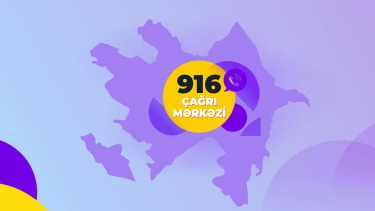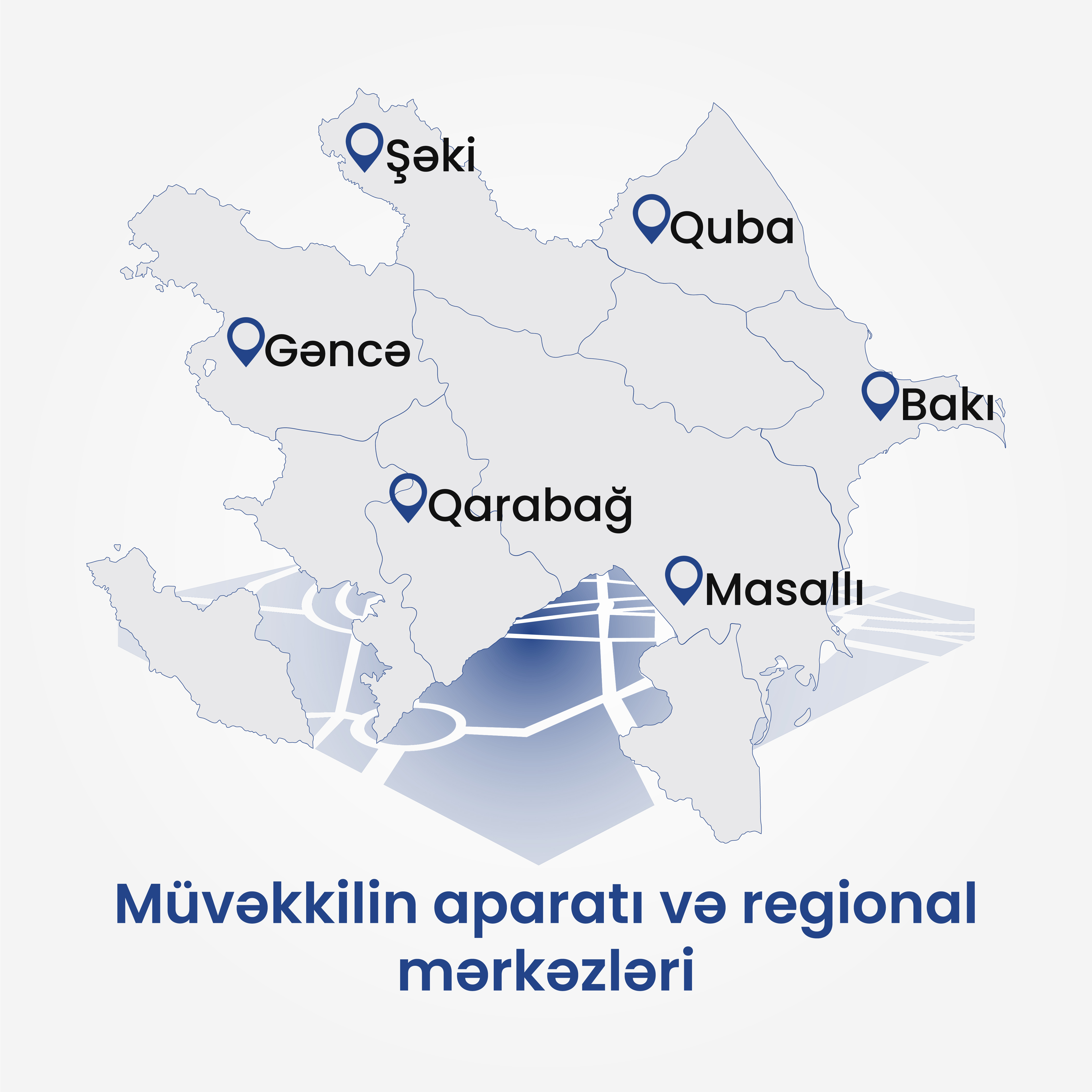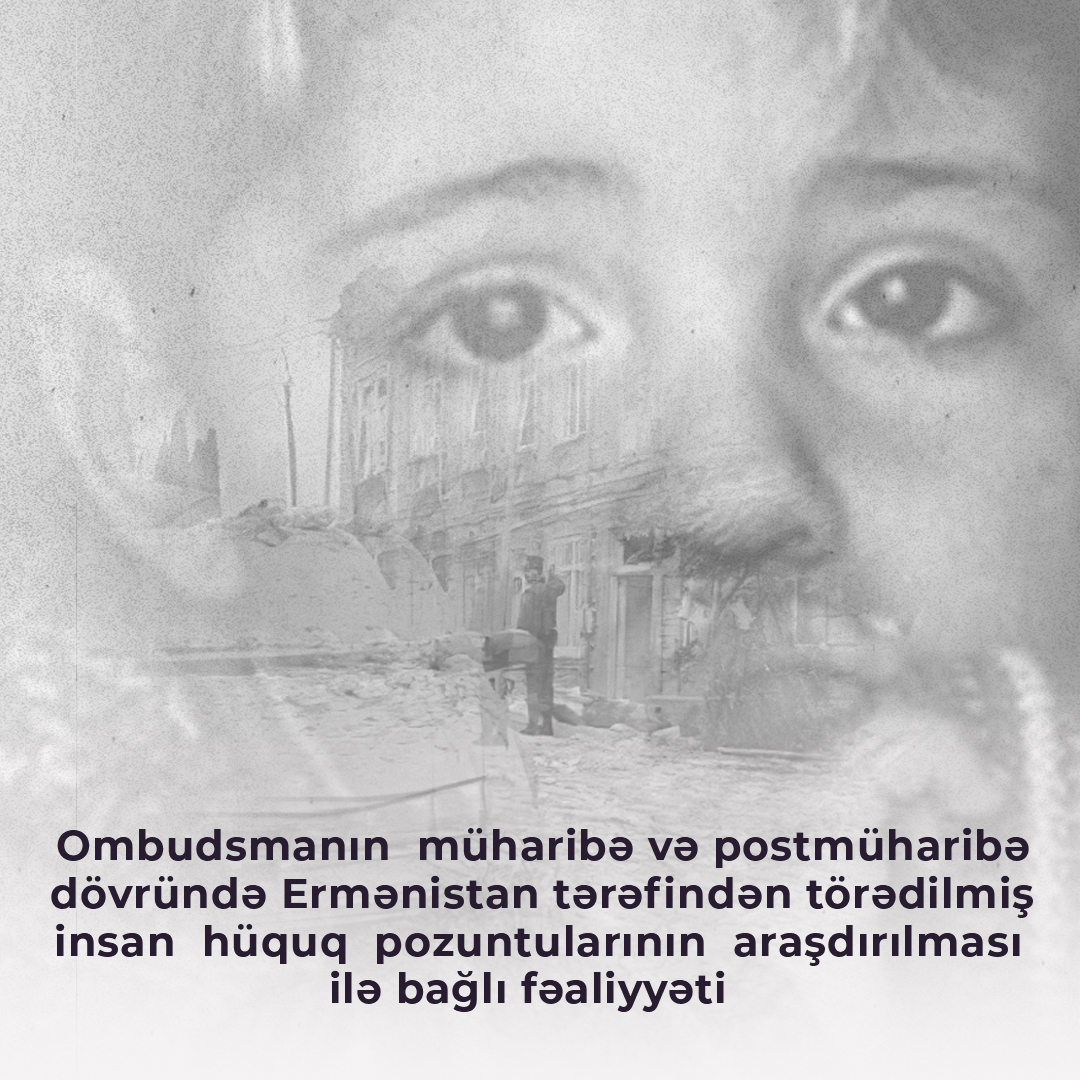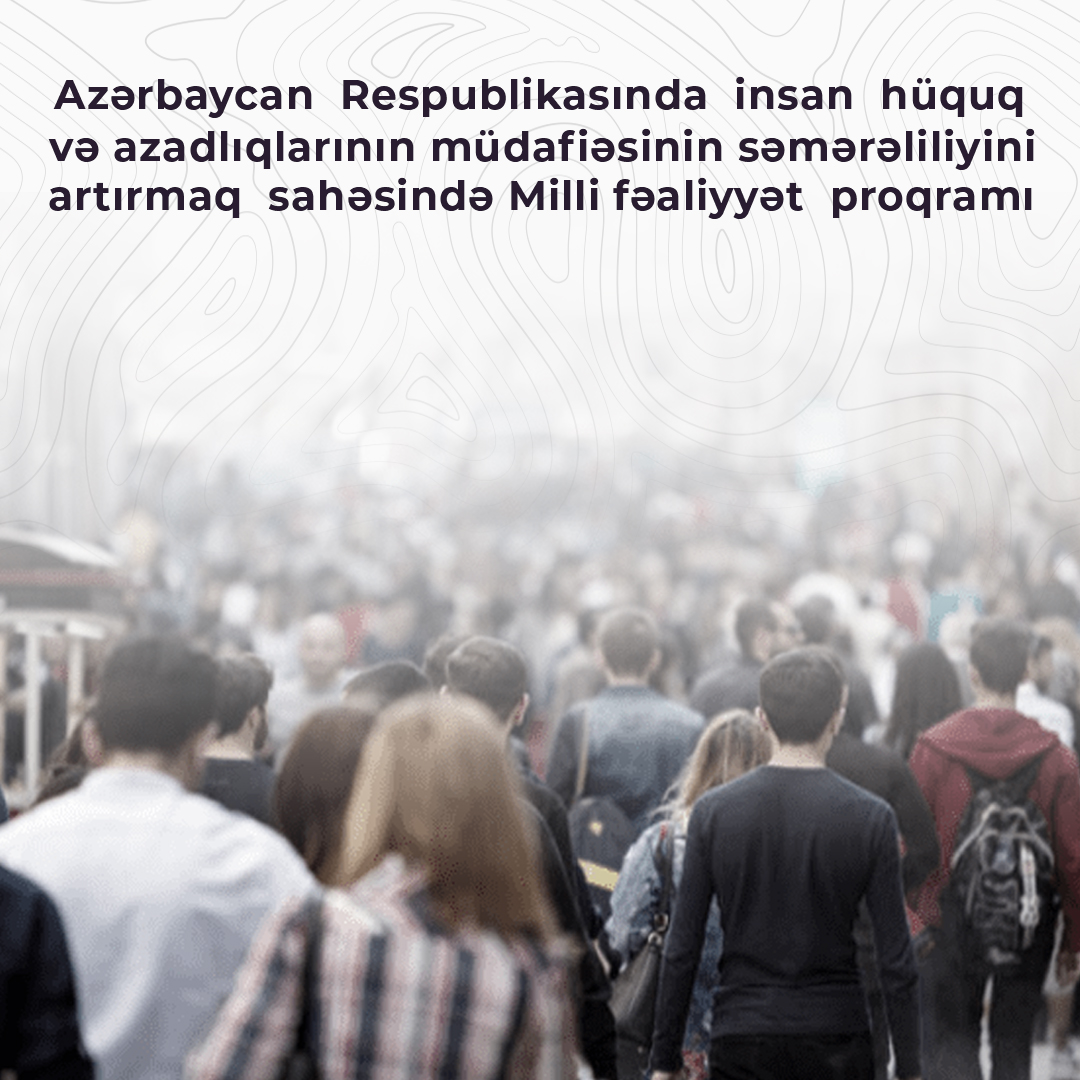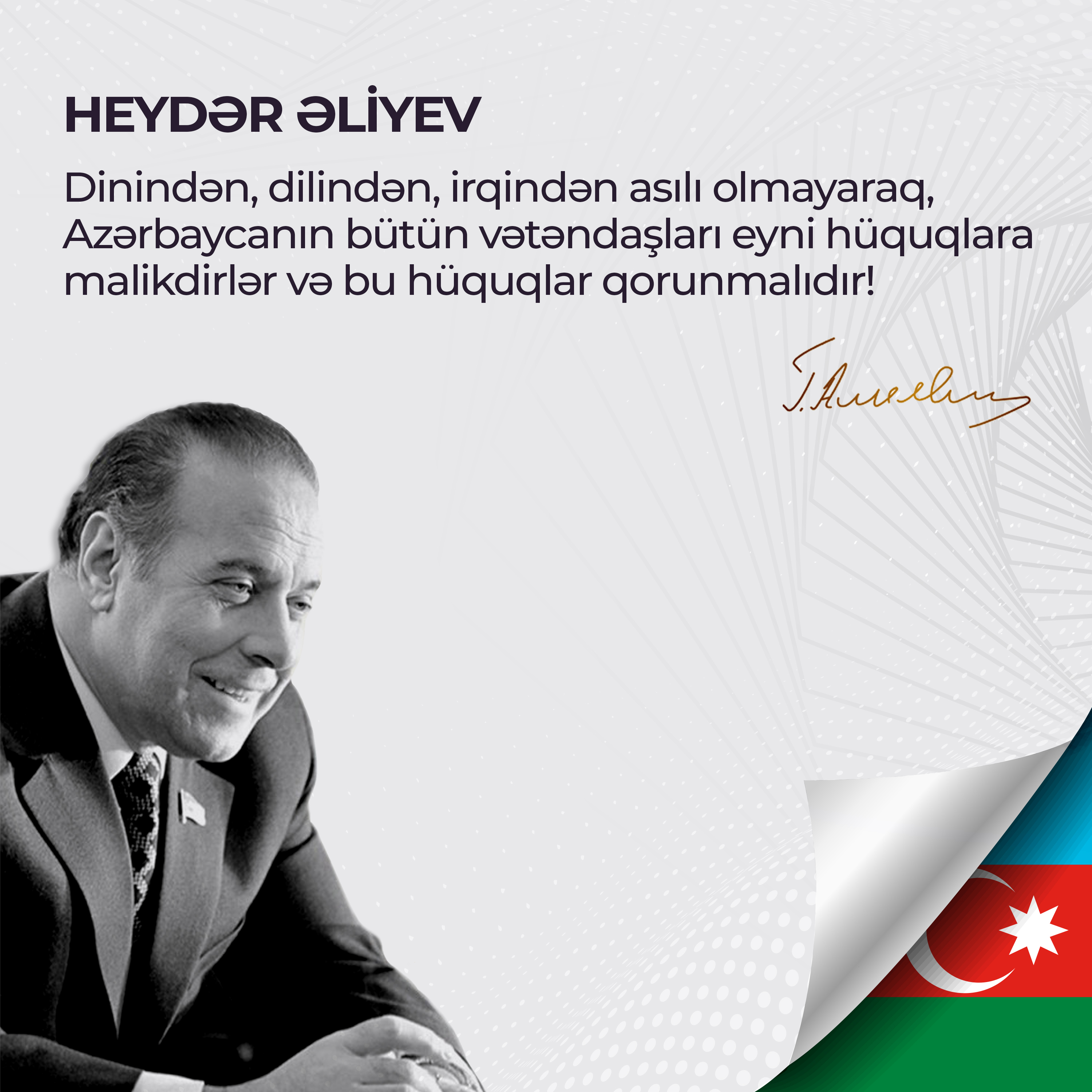
- Ana səhifə
- Müvəkkil
-
Müvəkkilin fəaliyyəti
- Psixi sağlamlıq və insan hüquqları
-
Əhali qruplarının hüquqlarının müdafiəsi
- Uşaq hüquqlarının müdafiəsi
- Qadın hüquqlarının müdafiəsi və gender bərabərliyinin təmin edilməsi
- Hərbi qulluqçuların hüquqlarının müdafiəsi
- Həbs yerlərində saxlanılan şəxslərin və məhkumların hüquqlarının müdafiəsi
- Qaçqınların, məcburi köçkünlərin və miqrantların hüquqlarının müdafiəsi
- Ahılların hüquqlarının müdafiəsi
- Əlilliyi olan şəxslərin hüquqlarının müdafiəsi
- Şəhid ailələri və müharibə veteranlarının hüquqlarının müdafiəsi
- İnformasiya əldə etmək hüququnun təmin edilməsi
- Müstəqil Monitorinq Mexanizmi
- Hüquqi maarifləndirmə
-
Beynəlxalq əməkdaşlıq
- Beynəlxalq qurumlarla əməkdaşlıq
- Beynəlxalq qeyri-hökümət təşkilatları ilə əməkdaşlıq
- Təlim səfərləri
- Layihələr
- Beynəlxalq qurumlara ünvanlanan bəyanatlar
- “Ad hoc” hesabatlar
- BMT-nin müqavilə qurumlarına təqdim olunan paralel və alternativ hesabatlar
- BMT-nin İnsan Hüquqları Şurasına təqdim olunan yazılı və şifahi bəyanatlar
- Əməkdaşlığa dair memorandumlar
- Ombudsmanların Bakı Bəyannamələri
- Bakı Beynəlxalq Forumu
- Elmi analitik iş
- İctimaiyyətlə və vətəndaş cəmiyyəti institutları ilə əməkdaşlıq
- Biznes və insan hüquqları
- İşgəncə əleyhinə milli preventiv mexanizim
- İnsan hüquqlarının müdafiəsi
- Sənədlər
- Media
- Canlı yayım
- Əlaqə
- Ana səhifə
- Müvəkkil
-
Müvəkkilin fəaliyyəti
- Psixi sağlamlıq və insan hüquqları
-
Əhali qruplarının hüquqlarının müdafiəsi
- Uşaq hüquqlarının müdafiəsi
- Qadın hüquqlarının müdafiəsi və gender bərabərliyinin təmin edilməsi
- Hərbi qulluqçuların hüquqlarının müdafiəsi
- Həbs yerlərində saxlanılan şəxslərin və məhkumların hüquqlarının müdafiəsi
- Qaçqınların, məcburi köçkünlərin və miqrantların hüquqlarının müdafiəsi
- Ahılların hüquqlarının müdafiəsi
- Əlilliyi olan şəxslərin hüquqlarının müdafiəsi
- Şəhid ailələri və müharibə veteranlarının hüquqlarının müdafiəsi
- İnformasiya əldə etmək hüququnun təmin edilməsi
- Müstəqil Monitorinq Mexanizmi
- Hüquqi maarifləndirmə
-
Beynəlxalq əməkdaşlıq
- Beynəlxalq qurumlarla əməkdaşlıq
- Beynəlxalq qeyri-hökümət təşkilatları ilə əməkdaşlıq
- Təlim səfərləri
- Layihələr
- Beynəlxalq qurumlara ünvanlanan bəyanatlar
- “Ad hoc” hesabatlar
- BMT-nin müqavilə qurumlarına təqdim olunan paralel və alternativ hesabatlar
- BMT-nin İnsan Hüquqları Şurasına təqdim olunan yazılı və şifahi bəyanatlar
- Əməkdaşlığa dair memorandumlar
- Ombudsmanların Bakı Bəyannamələri
- Bakı Beynəlxalq Forumu
- Elmi analitik iş
- İctimaiyyətlə və vətəndaş cəmiyyəti institutları ilə əməkdaşlıq
- Biznes və insan hüquqları
- İşgəncə əleyhinə milli preventiv mexanizim
- İnsan hüquqlarının müdafiəsi
- Sənədlər
- Media
- Canlı yayım
- Əlaqə
Çağrı mərkəzi
916
.
The devastating impact and rapid spread of the coronavirus and the respiratory disease it causes (COVID-19) have made public health responses the absolute priority of governments around the world. Affected countries are struggling to tackle the health risks while mitigating the socio-economic repercussions of confinement, production slowdown and job losses. However, the consequences related to COVID-19 are only starting to unfold and require a global approach, new vision and joint action.
Merely expressing human rights concerns in such an unprecedented situation is not enough. The UN Committee on the Elimination of Discrimination against Women (CEDAW Committee) therefore issues this Call for Joint Action. If COVID-19 teaches us only one lesson, this should be that solidarity is neither optional nor is it an act of charity. COVID-19 has shown that none of us is safe unless we are all safe. Solidarity is the strongest means to resist a virus that recognizes no border or status.
The CEDAW Committee would like to seize the opportunity and calls for joint action against the Covid-19 pandemic from a women’s rights perspective, and solicits participation from all key stakeholders, and in particular States parties to the Convention on the Elimination of All Forms of Discrimination against Women (CEDAW Convention). It is thus issuing a guidance note on CEDAW and COVID-19 with practical guidelines for States to mitigate the devastating impact that the pandemic is having more specifically on women and girls. COVID-19 has affected victims regardless of gender, geography, ethnicity, religion, wealth or any other status. However, with our societies being unequal in the first place, the consequences of the current crisis has impacted women in a disproportionate and more severe manner. Women have experienced multiple and compounded forms of discrimination while on the front lines of responses, at home, in the health workforce and in various sectors of production.
While important events and meetings regarding the 25-year review of the implementation of the Beijing Declaration and Platform for Action (Beijing+25 review) such as the 64th session of Commission on the Status of Women and the Generation Equality Forum have been postponed by the pandemic, the Committee calls for concrete actions based on the commitments acknowledged therein as they remain even more valid than ever before, with a sharper focus on the explicit implementation of the articles of the CEDAW Convention.
The world health crisis is a test for governance, leadership and democratic institutions everywhere, for keeping national and international commitments, and adhering to the principles of gender equality, non-discrimination, solidarity, both nationally and internationally. The Committee is fully conscious that no State institution and no leader can do it alone. This is the time for joint action.
In addition, the Committee calls for the conceptualization of support models for stimulating local action in a bottom-up mode based on the strategic premise that in such a global crisis, every local group and individual action counts.
Because of pre-existing gender inequalities, deep-rooted discrimination and feminized poverty, the multifaceted consequences of the current crisis have impacted women more than men, while at the same time placing increased responsibilities on women’s shoulders. This disparity requires that governments and international organizations embrace the need for stronger national machineries for the advancement of women with standardized infrastructure for efficiency and effectiveness in the pursuit of global gender policy frameworks and targets. In addition, there is a need to increase support to civil society actors in order to reach all segments of the population and address aspects of the daily lives of women and girls to ensure they receive adequate support.
The actions needed for women’s empowerment are numerous. The Committee is engaged in the elaboration of the “CEDAW Knowledge Hub” initiative to make its expertise on women’s rights available in creative ways, adapted to the current restrictions on movement and slow-down of the economic and social lives. As the duration, reach and impact of the restrictions occasioned by the pandemic cannot be predicted, the first area of joint action CEDAW calls for is the use of modern technology in, more efficient, accessible, inclusive, gender-sensitive and widespread ways.
See the full text of the Statement and Guidances below:
Call for joint action in the times of the COVID-19 pandemic (Statement adopted on 21 April 2020)
- İşgəncə əleyhinə milli preventiv mexanizm
- Əhali qruplarının hüquqlarının müdafiəsi
- Qaçqınların, məcburi köçkünlərin və miqrantların hüquqlarının müdafiəsi
- Həbs yerlərində saxlanılan şəxslərin və məhkumların hüquqlarının müdafiəsi
- Hərbi qulluqçuların hüquqlarının müdafiəsi
- Qadın hüquqlarının müdafiəsi və gender bərabərliyinin təmin edilməsi
- Uşaq hüquqlarının müdafiəsi
- Ümumi
- Hüquqi maarifləndirmə
- Ahılların hüquqlarının müdafiəsi
- Əlilliyi olan şəxslərin hüquqlarının müdafiəsi
- İctimaiyyətlə və vətəndaş cəmiyyəti təsisatları ilə əməkdaşlıq
- İşgəncə əleyhinə milli preventiv mexanizm
- Beynəlxalq əməkdaşlıq
- Qeyri-Hökumət Təşkilatları
- İctimai dinləmələr
- Kütləvi informasiya vasitələri ilə əməkdaşlıq
- Biznes və İnsan Hüquqları
- Şəhid ailələri və müharibə veteranlarının hüquqlarının müdafiəsi
- Miqrantların hüquqlarının müdafiəsi
- Ayrı-seçkiliyin qarşısının alınması və bərabərliyinin təmini
- İnformasiya əldə etmək hüququ
- Psixi sağlamlıq
- Ombudsman Qətərdə “Süni intellekt və insan hüquqları: imkanlar, risklər və daha yaxşı gələcəyə baxış” mövzusunda konfransda iştirak edib.
-

- Ombudsman Ermənistandan deportasiya olunmuş şəxslərin hüquqlarının müdafiəsi ilə bağlı BMT-nin Qaçqınlar üzrə Ali Komissarına məktub ünvanlayıb.
-

- Ombudsman Aparatının nümayəndəsi Energetika Nazirliyi tərəfindən keçirilən tədbirdə iştirak edib.
-

- Əfv Sərəncamının icrası prosesində iştirak edilib.
-

- Ombudsmanın regional mərkəzləri tərəfindən silsilə hüquqi maarifləndirici tədbirlər təşkil edilib.
-

- Ombudsmanın fəaliyyəti çərçivəsində bərabərlik hüququnun təmininə dair sosial videoçarx hazırlanıb.
-

